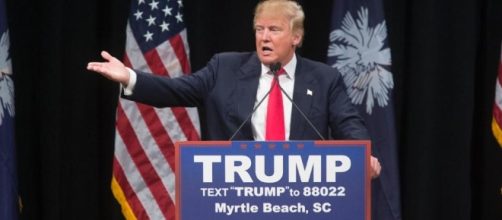There has been a long history of boycotts in #US history, but on a practical level are the latest boycotts effecting change?
"A #boycott is a meaningful way to up the ante when other methods have proven unsuccessful," Kelsey Cooke, Campaigns Director of GetUp, an #advocacy group says.
"Governments are bound to #represent their constituents – if they don't, they're often swiftly replaced. Companies, on the other hand, don't have any of the same checks and balances."
The New York times recently held a debate about the issue, bringing in Americus Reed a professor of #marketing at the University of Pennsylvania's Wharton School of Business.
Reed stated that whilst #consumer outrage and concomitant #boycotts may pass in fashion, and whilst companies may experience declining sales, the business bottom line is seldom hurt in the end.
He did say there was one exception to his thinking: "If the ultimate source of a boycott is constantly featured in the #24-hour news cycle — say, because he is president of the United States — and continues to engage in controversial and outrageous behavior, the boycott has an increased chance of living beyond its usual few days."

